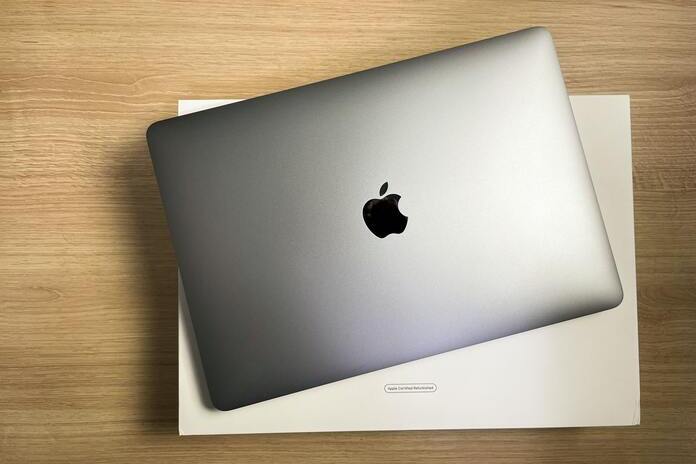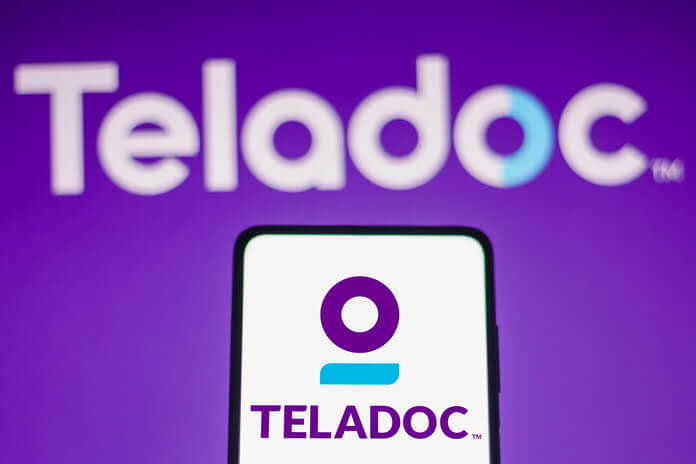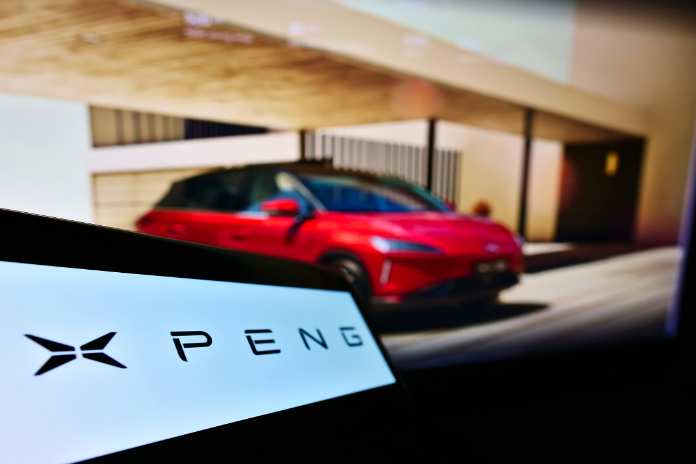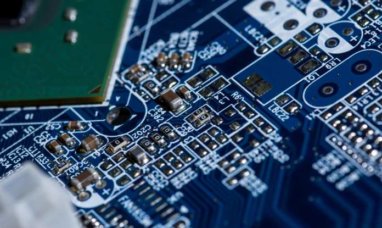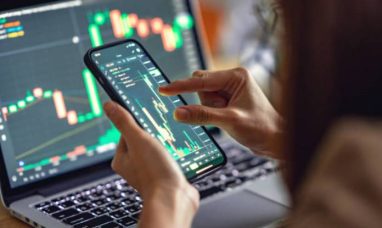Apple (NASDAQ:AAPL) has delayed two of its most promising future tech products in just a few weeks. The stock went up to $180 earlier this year because of all the talk about the Apple Car and the new mixed reality devices, even though the company’s near-term growth prospects aren’t excellent. My investment theory is still very bearish on the stock, which is priced too high for what the market knows about problems with making the iPhone 14 and bigger product delays.
Product Hype Falls Through
Investors in Apple should think that the Apple Car project has been put on hold indefinitely. The tech giant has pushed Project Titan until 2026, even though the company is still in the pre-prototype stage and needs to finalize the design.
The company has laid out the following steps for releasing an Apple Car, which shows that the 2026 date could still be moved back:
2023: Design Release
2024: Things are in place
2025: A lot of testing
2026: Product launch
The biggest problem is that Apple still needs a manufacturing partner, even though 2023 is coming up on the calendar. Even if the tech giant has all the latest designs and features, Apple still needs a manufacturing partner. Without one, the company would have to spend billions of dollars and years building manufacturing facilities.
Apple is having trouble making the iPhone 14 in China, a big reminder of how much the company still depends on a product that came out in 2007 and is now on its 14th version. Apple only wanted to match the number of units sold in 2021, so the production problems are worrying.
Most analysts think that the tech giant will cut the number of iPhones it sells from 8 million to 20 million. Morgan Stanley’s latest estimate is that Apple will only sell 75.5 million iPhones in FQ1’23. This is a massive drop from the $2.10 the company made last year.
The delay of the Apple Car is a long-term story, and there are no real plans for sales before FY25. The real problem is that there are signs that the mixed reality device will be late again.
Influential analyst Ming-Chi Kuo now thinks the MR headset will come out in the second half of 2023, instead of early 2023, with a possible event launch in January. The analyst now thinks that only 500,000 units will be shipped in 2023, which could mean that most of the revenue will come in FY24 since the fiscal year starts in October.
If these shipping levels are for the holidays in 2023, the revenues for FY23 would be very low. Even if 1 million $2,500 devices were sold in FY24, that would only bring in $2.5 billion, which is a lot for the first year of a Pro mixed-reality device that competes with Meta Platforms (NASDAQ:META).
In October, meta released the $1,500 Meta Quest Pro, and Apple is now almost a year behind the device from Meta. Next year, the social media giant is expected to release a new version of the Oculus 2 VR headset for consumers. The company plans to make smart glasses in the next couple of years.
Meta has the same pipeline for AR/VR products that Apple has for the iPhone. Apple has a history of improving its products after they come out, but Meta is a powerful competitor that some of its other products probably could have faced better.
AR/VR devices and the Car, two new products that are getting a lot of attention, are expected to bring in the following amounts of money through FY26. The only real question is how much AR/VR device sales can grow in the three years after launch, while it’s clear that Car sales will be low until FY26.
By FY26, Apple is expected to make $486 billion each year. The tech giant would have to sell a lot more of each new product to make a real difference.
Suppose 5 million units sold for $2,500 each, the AR/VR market would bring in more than $10 billion a year by FY26. However, the price of the devices would have to go down for Apple to sell a significant number of units to consumers. There have been rumors for a long time that the tech giant will make a second-generation model in 2025, along with a cheaper and more affordable device. However, if Apple waits another two years, Meta could be way ahead of them.
It’s harder to guess how many Apple Cars will be sold. After the official launch in FY26, only a small number of units would be for sale. Also, it would take a long time for the tech giant to reach something like 1 million vehicles per year unless an existing automaker changes its production lines to make cars for Apple.
For example, Tesla (NASDAQ:TSLA) is expected to make $84 billion in sales in 2022 after passing the 1 million annual run rate this year. The company made the first electric vehicle in 2008, but Tesla chose to go alone instead of working with a partner to speed up production.
There are still rumors that the Apple Car will cost around $100,000, which means that the Car could cost this much in 4 years. In addition, the Car is focused on self-driving, which makes people wonder if the technology will even be ready by this time.
Still a High Price
Even though tech isn’t doing well, Apple stock is still worth $140. At 23x forward EPS targets, the stock is traded. At its highest point, the tech giant traded for much more than its 30x target. This has happened several times in the last year.
Apple needs the much-talked-about new products to keep growing at a rate that justifies its current valuation, let alone a rally from this level. Also, remember that Apple still has to get these products out after years of delays.
Bottom Line
The most important thing for investors to know is that Apple is starting to become the king of delays because its two most talked-about products are having trouble getting to market while its competitors are already putting out new products every year. Investors should stay away from Apple stock until the price increases or these much-hyped products come out on time and sell a lot.
Featured Image: Pexels @ Alex Leonardo









